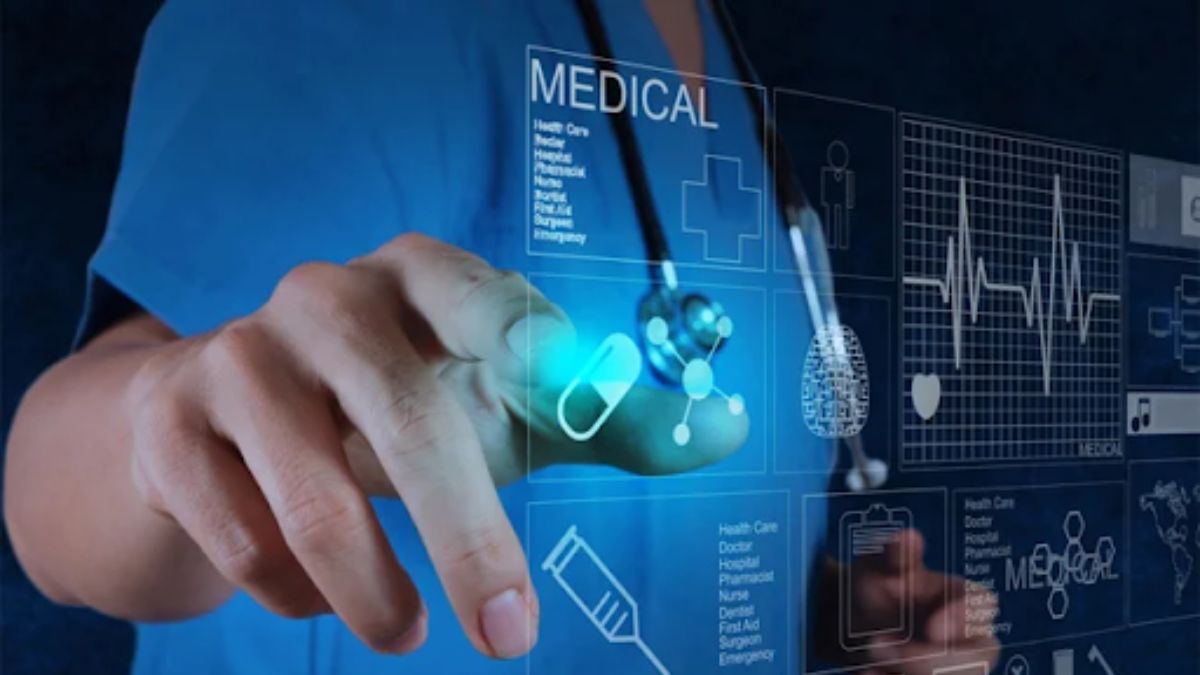In the evolving landscape of digital health, technology is reshaping how women navigate the physical and hormonal transformations of midlife. Menopause, once treated with a one-size-fits-all approach, is now seeing a wave of personalized care options many of which are powered by smart technology. At the center of this shift is a growing ecosystem of mobile apps designed to support women exploring natural HRT for weight loss, offering tailored insights, tracking tools, and direct access to telehealth professionals.
These platforms do more than log symptoms. They act as daily companions, helping users interpret biofeedback, manage medications, adjust nutrition, and track subtle physiological shifts. As health becomes more integrated into daily routines through smartphones and wearables, these apps are emerging as vital tools in managing weight, wellness, and hormonal harmony.
The Rise of Personalized Hormonal Tracking
Not long ago, hormone replacement therapy (HRT) was prescribed in fixed doses with little regard for individual variation. Today’s approach is data-driven. Modern apps allow women to input daily symptoms, cycle changes, mood fluctuations, and body composition metrics. Machine learning algorithms analyze this information to provide tailored suggestions whether it’s adjusting sleep hygiene, recommending specific supplements, or flagging inconsistencies in energy patterns.
Apps like Clue, MySysters, and Balance are built specifically to help users make sense of perimenopausal and menopausal changes. These tools are especially beneficial for women using natural HRT for weight loss, as they offer insights into how hormone levels correlate with appetite, fat distribution, and exercise performance.
By tracking fluctuations and outcomes, these apps help both users and healthcare providers refine their approach. Over time, this level of personalization can be the difference between frustrating plateaus and meaningful progress.
Telemedicine and Real-Time Support
Another revolutionary shift is the integration of telehealth into hormonal care. Platforms such as Winona and Evernow connect women with licensed professionals who specialize in menopause and metabolic health. Within these apps, users can receive lab work, prescriptions, follow-ups, and lifestyle coaching all from the convenience of a mobile device.
This tech-enabled accessibility means that treatment protocols are not only more convenient but also more responsive. Women can report side effects or concerns and receive adjustments in real time, rather than waiting weeks for a clinic appointment. The inclusion of chat support, AI-powered check-ins, and behavior-modification nudges makes these apps highly adaptive tools in achieving consistent outcomes.
For women incorporating natural HRT for weight loss, the immediacy of feedback is crucial. Hormonal shifts are complex, and small changes can have significant impacts. With digital support, trial-and-error becomes more guided and less overwhelming.
Smart Devices and Metabolic Feedback
Wearable tech now plays an increasingly significant role in managing weight and hormone-related health goals. Devices like the Oura Ring, Fitbit, and Apple Watch do more than count steps they track sleep quality, resting heart rate, body temperature, and stress levels. This data can be fed directly into menopause-specific apps, allowing for more nuanced recommendations.
For instance, poor sleep can impair hormonal balance and sabotage metabolic efforts. An app that notices erratic sleep patterns can suggest melatonin timing, evening routines, or adjustments in HRT dosing schedules. Similarly, elevated stress metrics may indicate a need to reassess workout intensity or dietary triggers.
This intersection of wearable data and hormonal tracking offers a more holistic perspective. It empowers users to see the full picture, identifying patterns that may otherwise be missed in periodic doctor visits or traditional journaling.
Education and Community Integration
Another critical component in these digital platforms is education. Many of these apps feature curated content libraries that cover topics like nutrition for hormonal balance, strength training during menopause, gut health, and the science behind natural HRT for weight loss. This content is often written or vetted by medical professionals and updated regularly to reflect the latest research.
Even more impactful are community features. Discussion boards, moderated forums, and peer-led challenges create a sense of shared experience. Users exchange advice, celebrate victories, and normalize the complexities of this life phase. In a cultural moment that often sidelines menopausal women, this visibility matters. It reduces stigma and fosters empowerment.
The Future of Hormonal Health is Digital
We are at the beginning of a transformation. The fusion of biotech, artificial intelligence, and hormonal medicine is creating tools that are not only user-friendly but genuinely life-changing. These apps do more than enhance compliance they cultivate understanding. They replace guesswork with evidence and empower users to take a central role in their health journey.
As more women seek out natural HRT for weight loss, the tools supporting them must match their sophistication and ambition. Mobile platforms, wearables, and telehealth integrations are not just accessories they are critical instruments in reclaiming health, confidence, and agency.
Ultimately, the marriage of technology and hormone care doesn’t just support weight loss. It restores control in a chapter of life often marked by uncertainty. And that, more than anything, is the true innovation.











